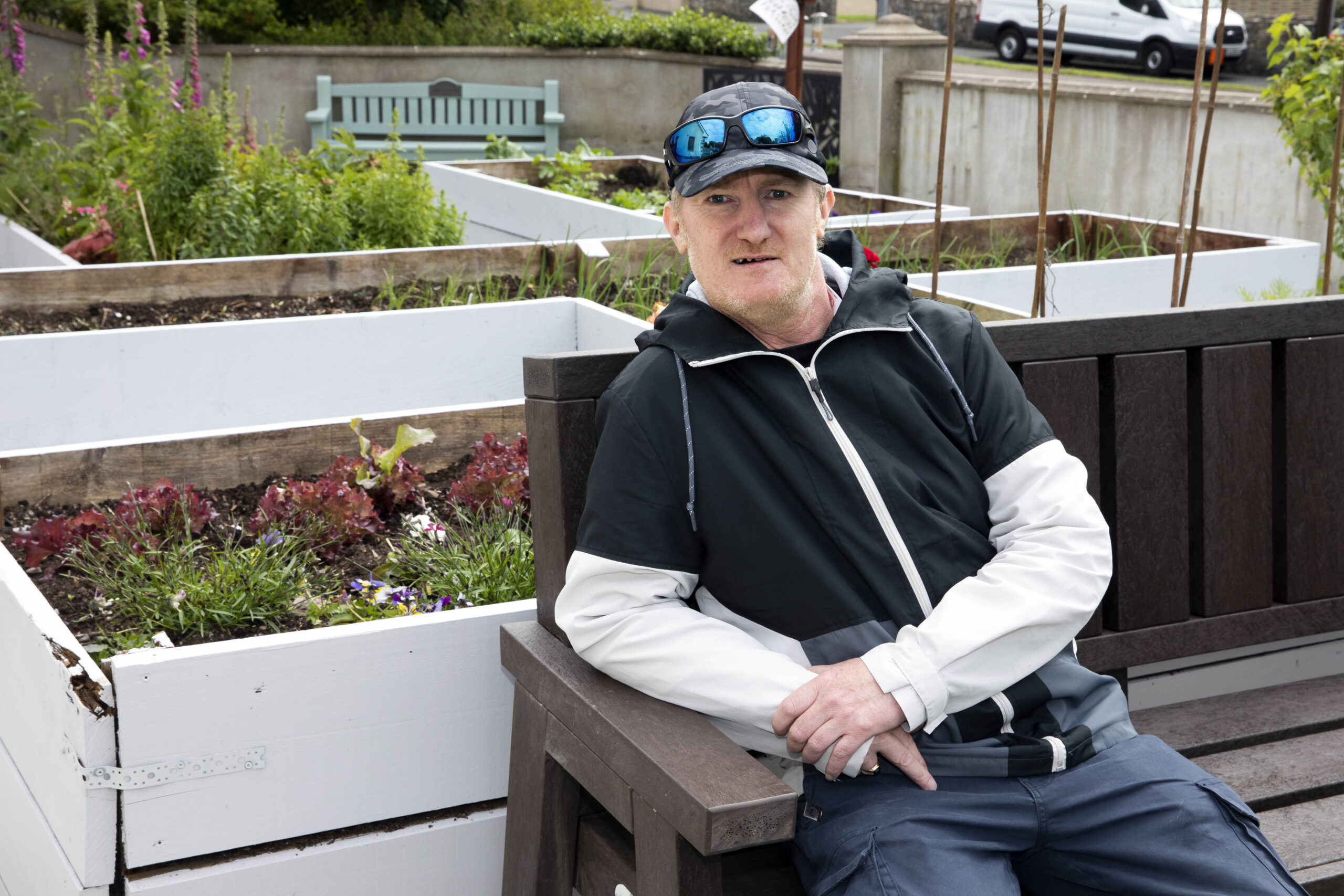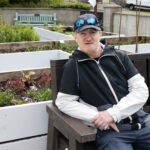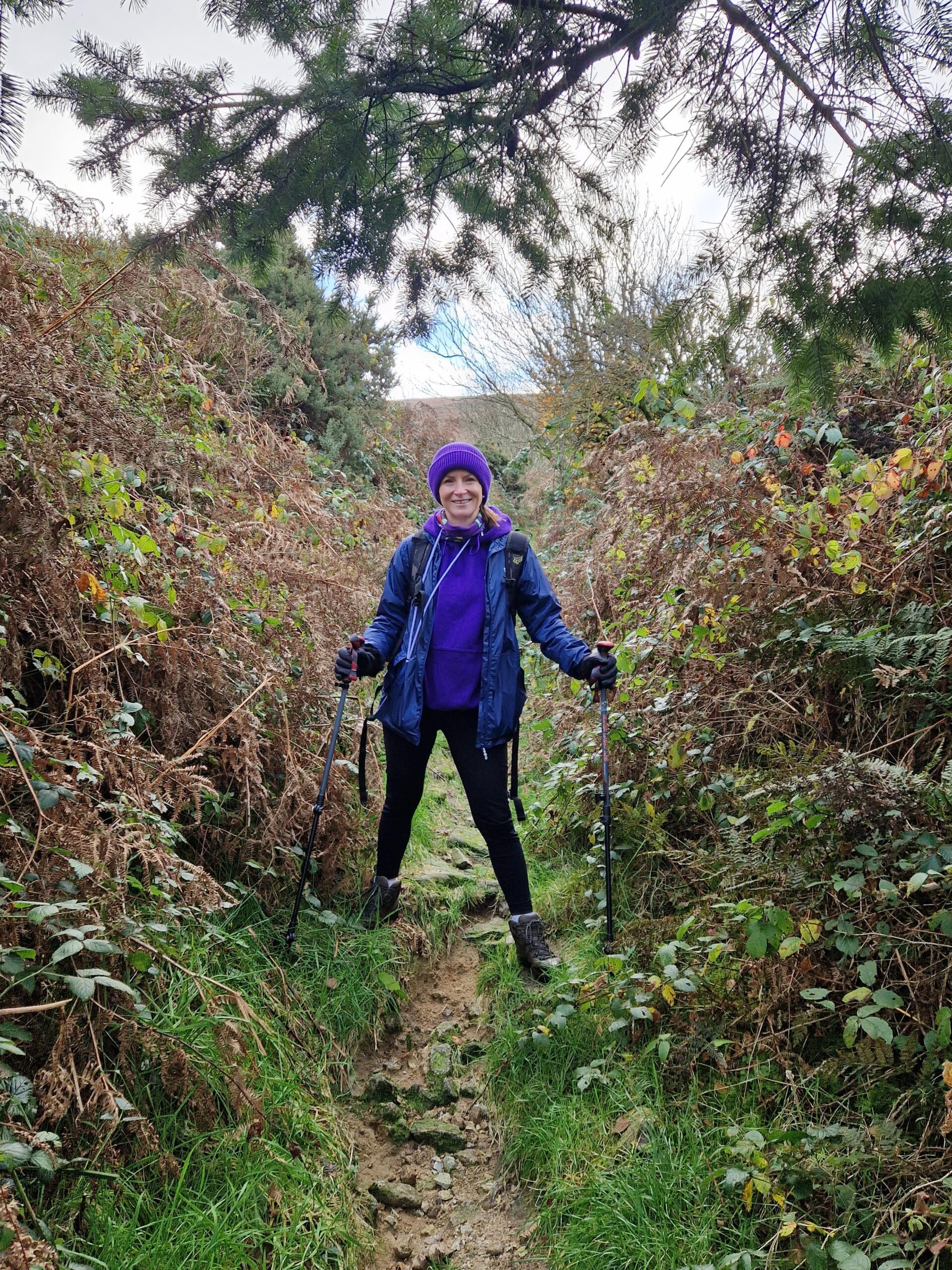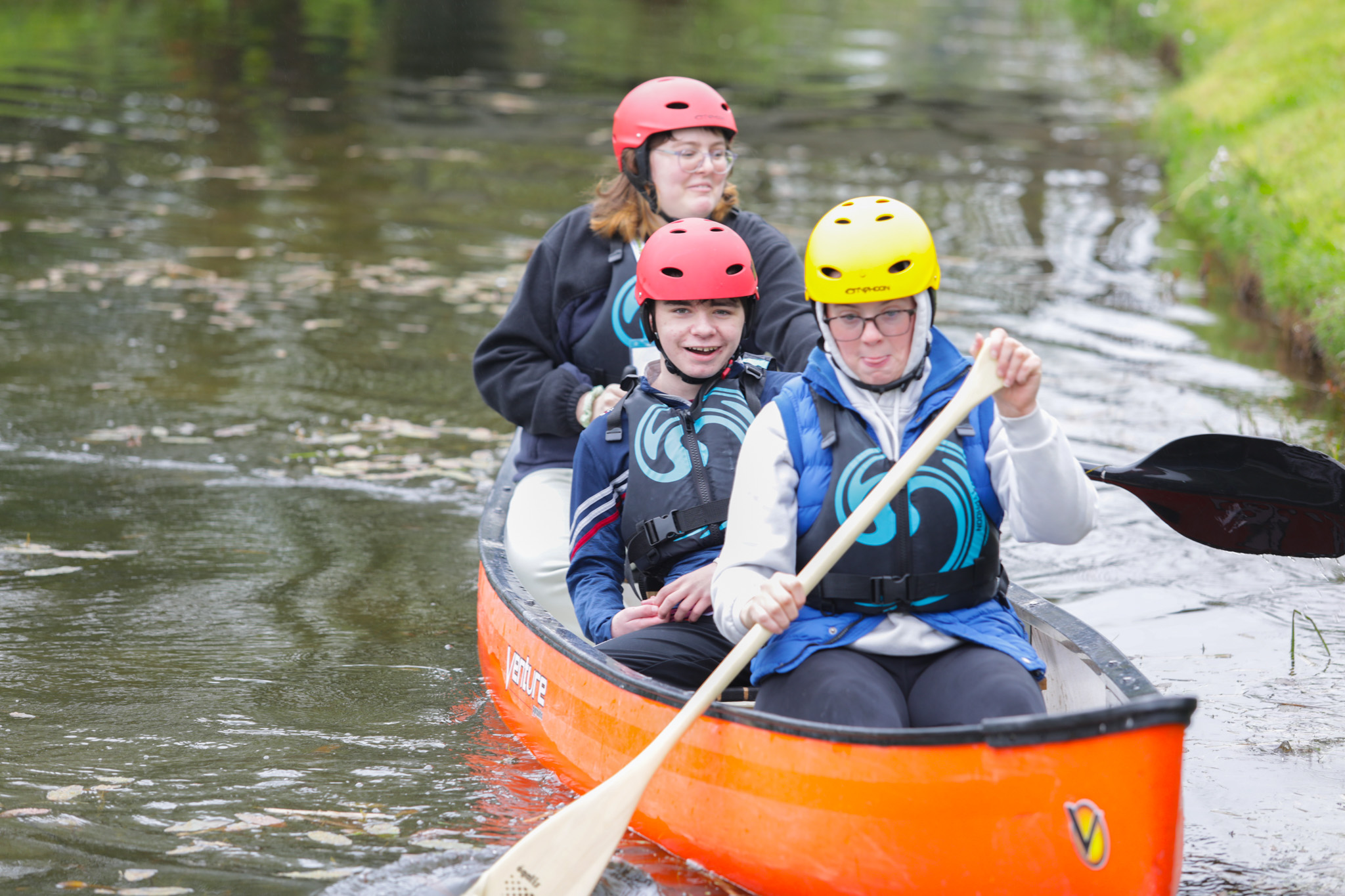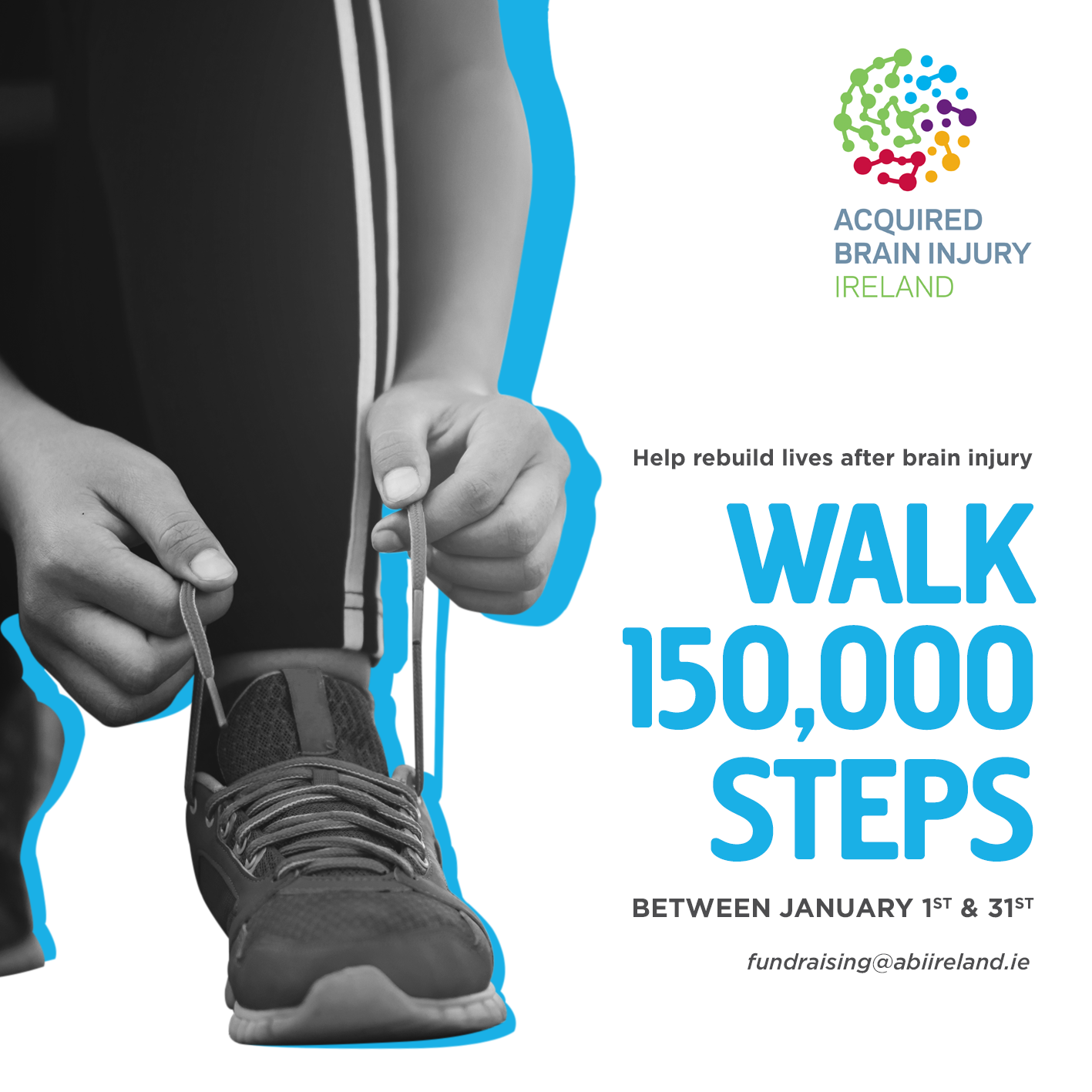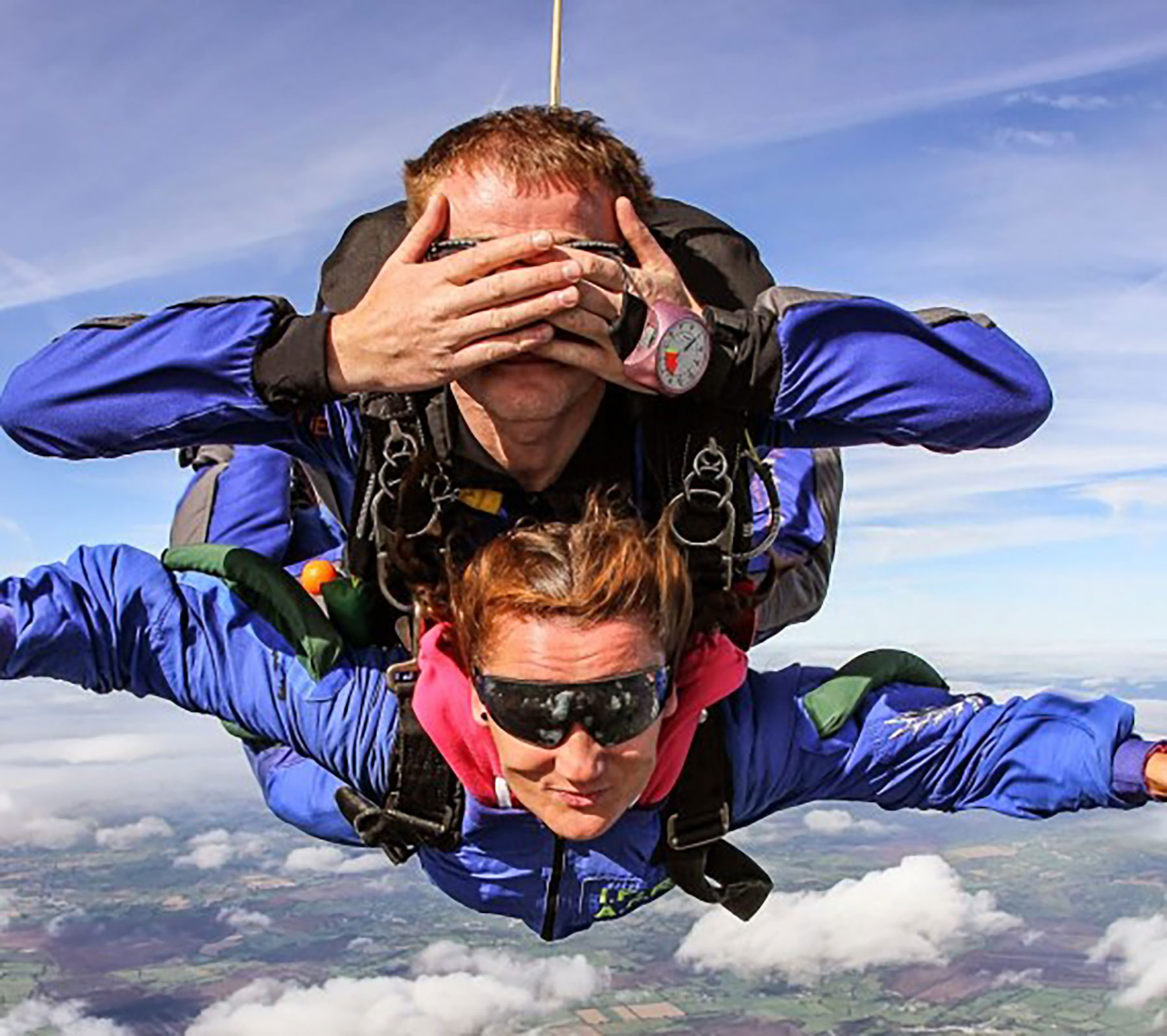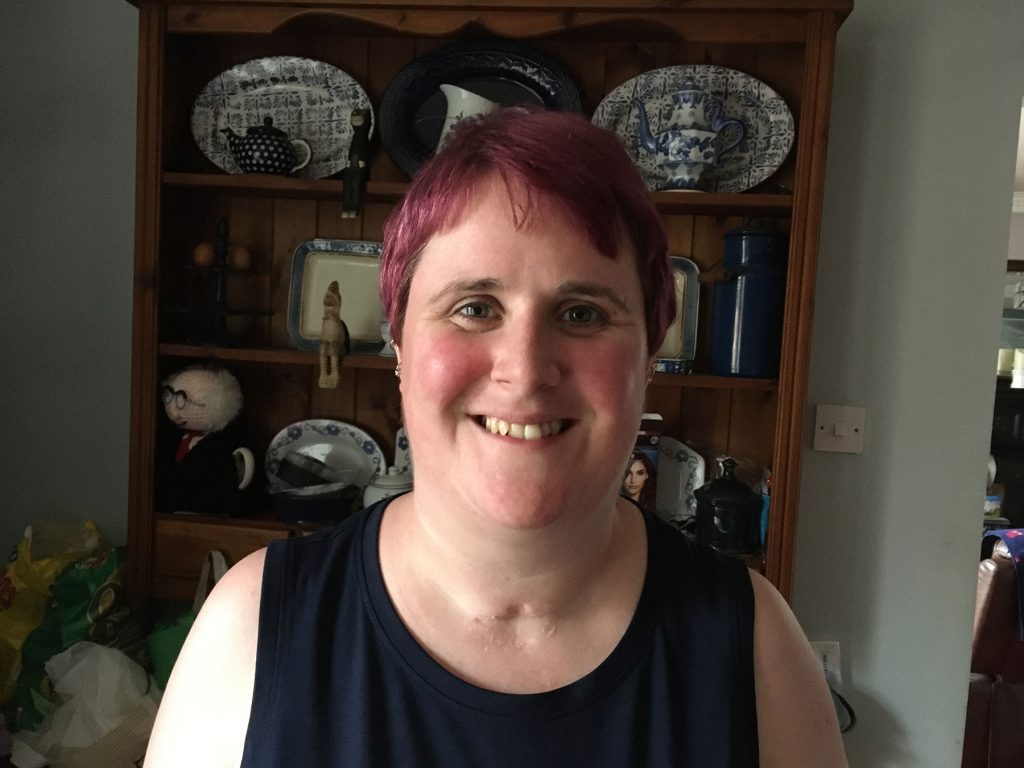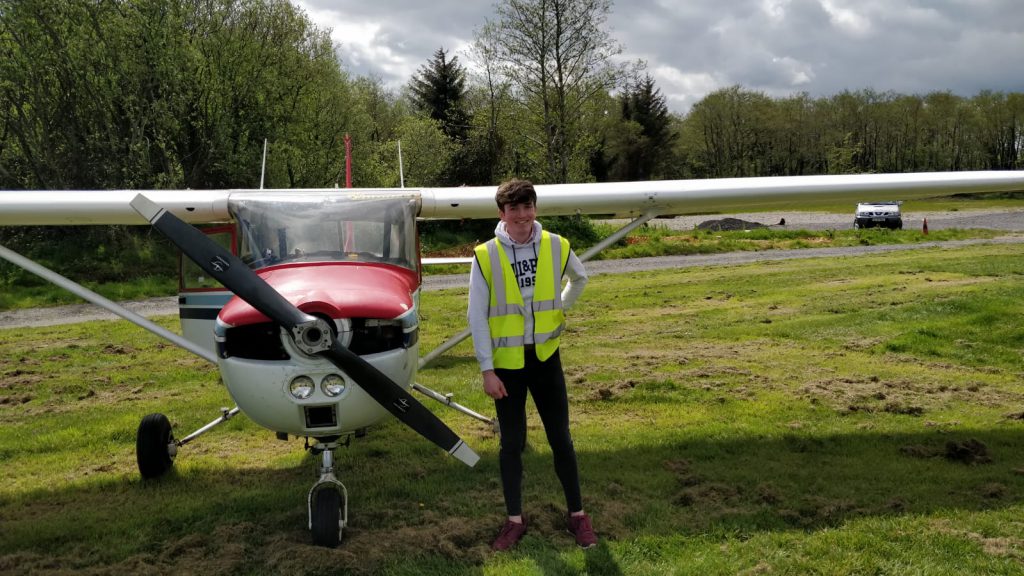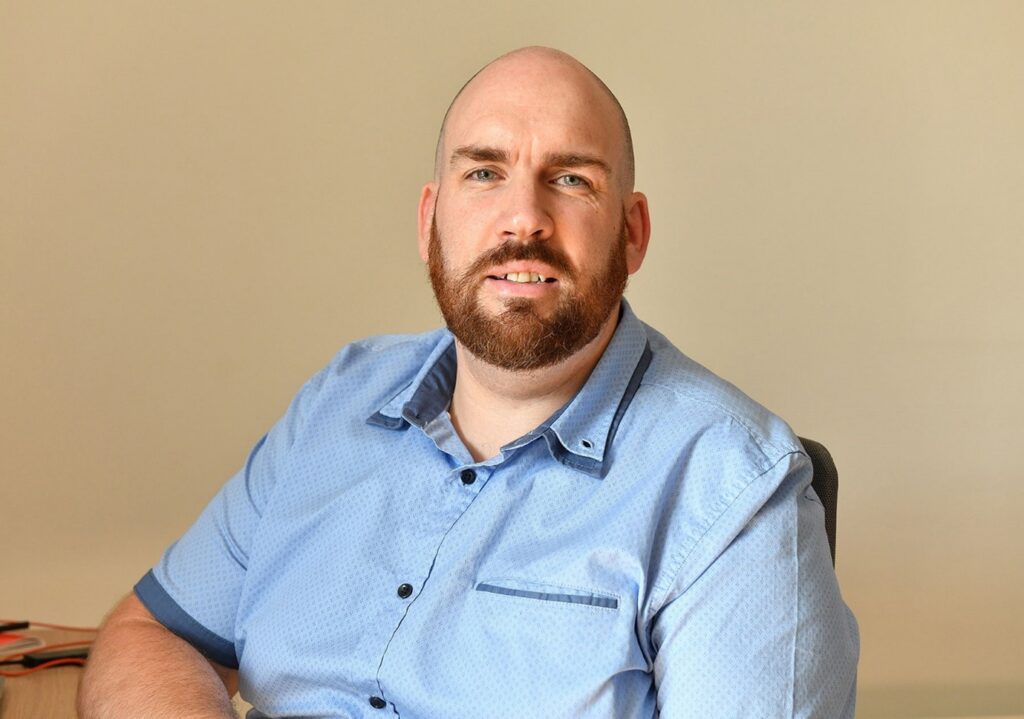Having finished a laborious day of haymaking he was watching the Tour de France on TV and was inspired to go out for a cycle. But after 10 minutes in the saddle, he was hit from behind by a motorbike and landed on his head – he wasn’t wearing a helmet. Now 59 years old, Brian recalls the day of the accident:
Brian’s Story
Brian O’Donoghue was just 23 years old when he was involved in a cycling accident that left him with a brain injury for life. His life changed in 10 minutes.
Brian O’Donoghue was just 23 years old when he was involved in a cycling accident that left him with a brain injury for life. In 1983, Brian was helping his father on the family farm in Granagh in Co Limerick. Studying to be a priest, the young man played hurling for his local team and was in both an athletics club and a cycling club. His life changed in 10 minutes.
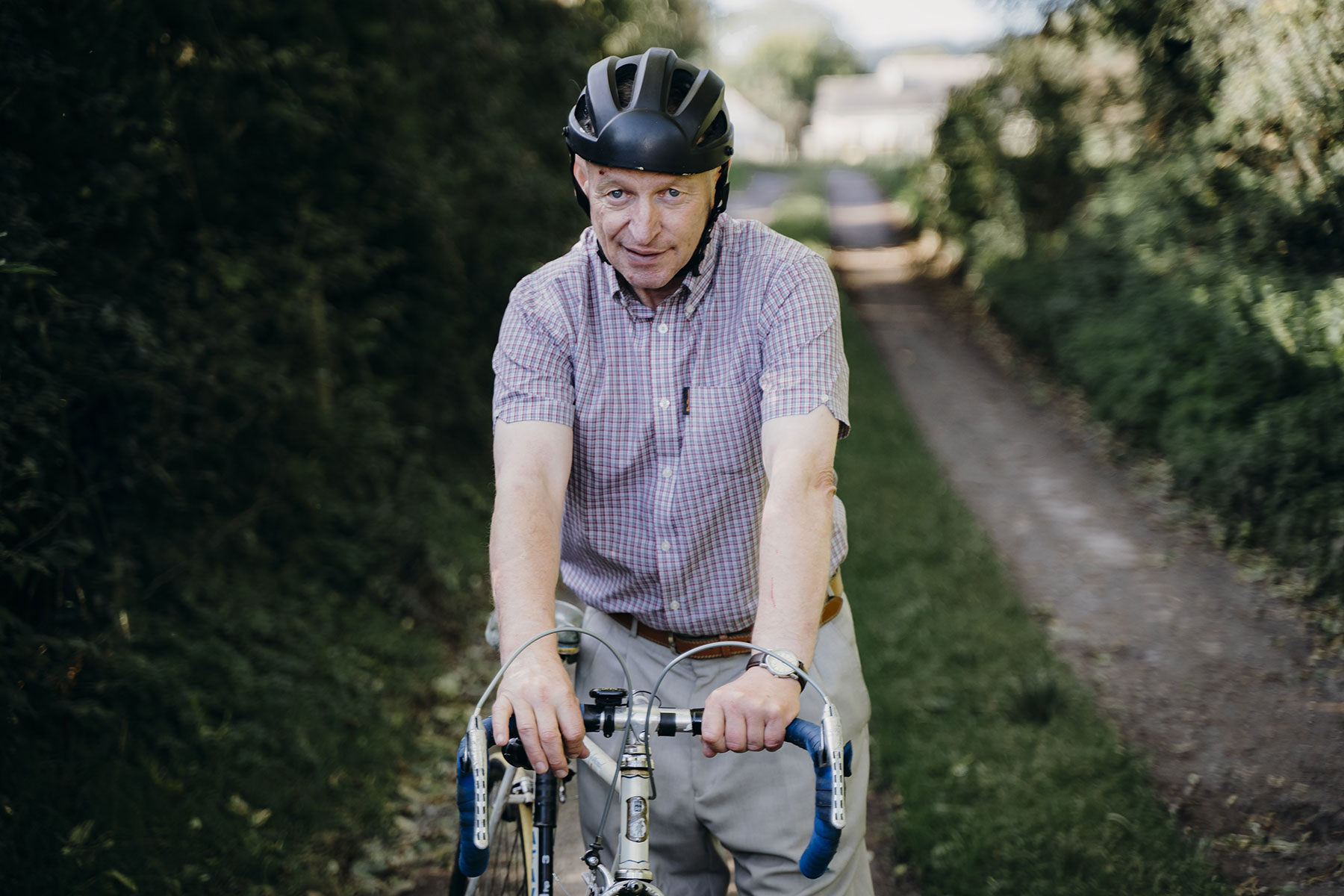
It was a lovely summer’s evening, there was no other traffic and it was bright outside. After I was hit, a neighbour called an ambulance and I was rushed to the University Hospital in Limerick before I was transferred to Cork Regional Hospital with a Garda escort.
Brian was unconscious for six weeks and spent the following two years in and out of hospital. His family was told that he would never walk or talk again and that it was miraculous that he was even alive at all. But Brian went on to surprise them all and doctors said his fitness played a huge part in his recovery which saw him returning home for a short period before going to the National Rehabilitation Hospital (NRH) where he relearned how to walk, talk, read, write and communicate again. He also had to learn to accept what had happened to him – that he was living with a brain injury. Four years after his accident, he returned home to live with his parents where the reality of his new day-to-day life really struck home.
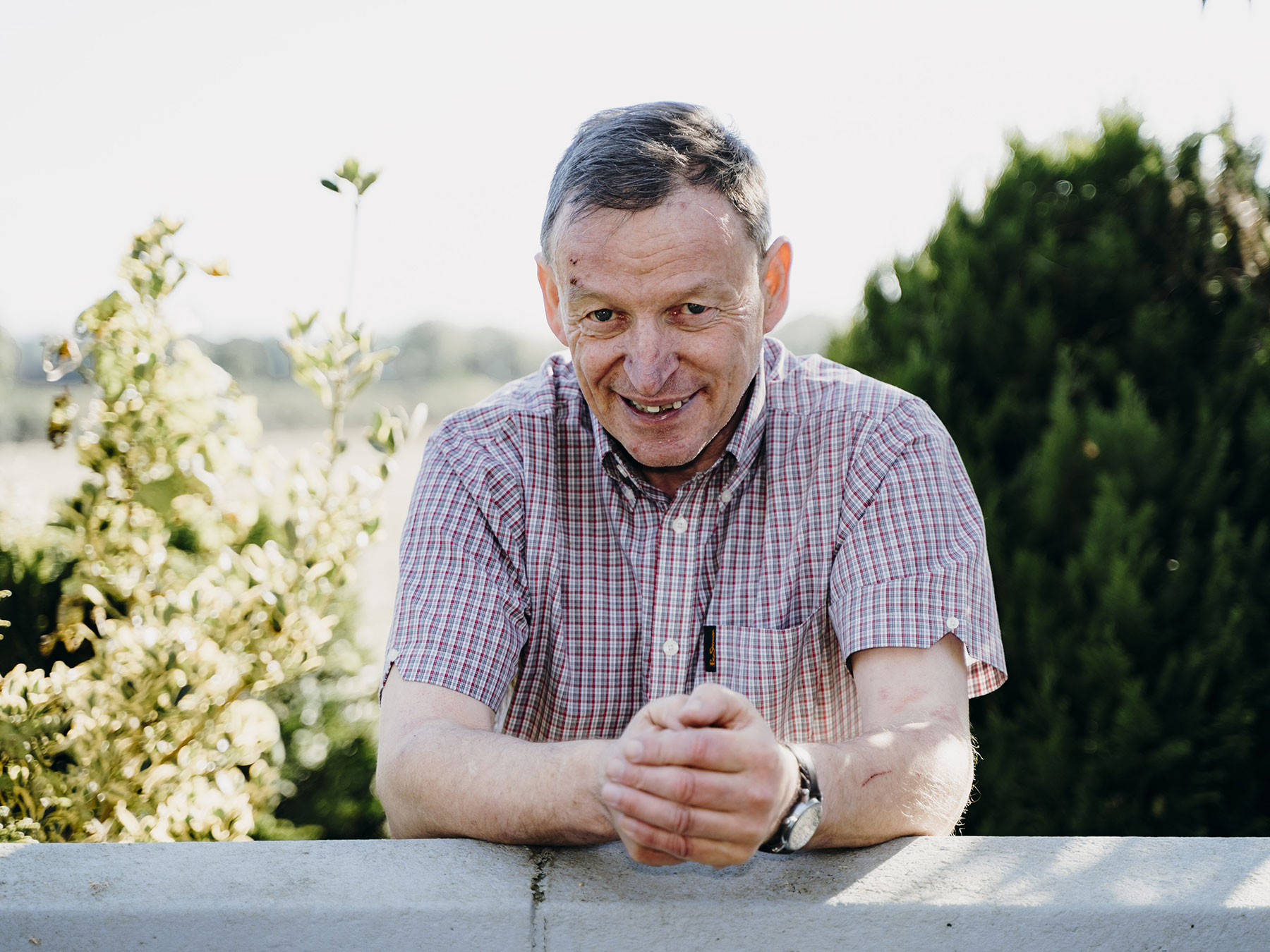
At the age of 27, I had the realisation that life would never be the same again. I had to give up my dream of becoming a missionary priest because I couldn’t retain the information I was learning. My short-term memory is still very bad.
Brian’s speech was also very affected, so he began to work again on the family farm. But he craved social interaction as he used to be involved in so many clubs. So after to talking to a neighbour, who was a member of Macra na Feirme, Brian became part of the drama group which he loved.
Brian’s GP encouraged him to go out and meet people. So when a friend asked him to a dance at the Two-Mile Inn in Limerick, he decided to go and made a pact with himself that he would ask someone to dance. It was there that the met his wife, Maura. The pair were very happy and married in 1990, spending many contented years together before she was diagnosed in 2003 with ovarian cancer and sadly died in 2007.
He said: “Adapting to living alone again with a brain injury was a big challenge that I had to face. But thankfully while I was married, I continued to seek access to services to help me cope with my brain injury including working with a Rehabilitation Assistant from Acquired Brain Injury Ireland. I learned how to use computers, how to cook and how to deal with other activities of daily life. This helped me to cope on my own. In order to help me remember things, I use a whiteboard and pin notes on it so I won’t forget appointments. I also use a communications book to write down what I have done with the rehabilitation assistant and also to help me with spelling and writing. I rely on reminders on my phone to take my medication.”
But while these things help Brian to manage the practical things in his life, he struggles with social isolation and loneliness: “It took me years to get through it (his accident and Maura’s death) but when I did, life got easier.”
After my accident, all my friends dwindled away and it was hard to make new ones because of the brain injury. I used to be refused entry to bars and I was even refused a coffee once because I sometimes struggle with balance and can have slurred speech. People don’t realise I have a brain injury.
He added: “I discovered that it is really important to build a routine and get out and talk to people and join clubs. I go out and buy a paper every day. I go to mass on a Tuesday evening and to aqua aerobics once a week. It’s not even about the fitness, it’s to meet people afterwards and go for a cup of coffee. It helps people to recognise me and say hello. I know I have to make it happen and put myself out there because no-one will come knocking at my door otherwise.”
Brian is incredibly lucky to be alive but his life was drastically altered the day he decided to cycle without a helmet. He urges others to think twice before getting on a bicycle without protection:
“If I could give any advice to people I would say to make sure to wear a helmet and never get on a bike without it – and always concentrate. Being seen is really important as well so make sure to wear a high vis vest and remember that most accidents happen close to home.”
Brian concluded: “Overall life with a brain injury is good. It left me bitter for a long time but I’ve learned to accept it. I would encourage others who may have had a similar accident to keep positive. Never give up or let negative thoughts fill your mind. There is life – it has changed but it has not ended.”
This article appeared in Woman’s Way magazine in February 2020.
Continue Reading
Aisling’s Story
On a dark, rainy Tuesday in October 2005 Aisling was hit by a car as she crossed the road in front of her house. She was just about to turn 19 years old.
Read moreOísin’s Story
Oisín was living the life of any 21 year old when his world was ripped out from beneath him. A scan revealed a bleed in his brain.
Read morePaul’s Story
My name is Paul Farrell, and I had a stroke five days before Christmas 2019. I thought my life was over.
Read more
